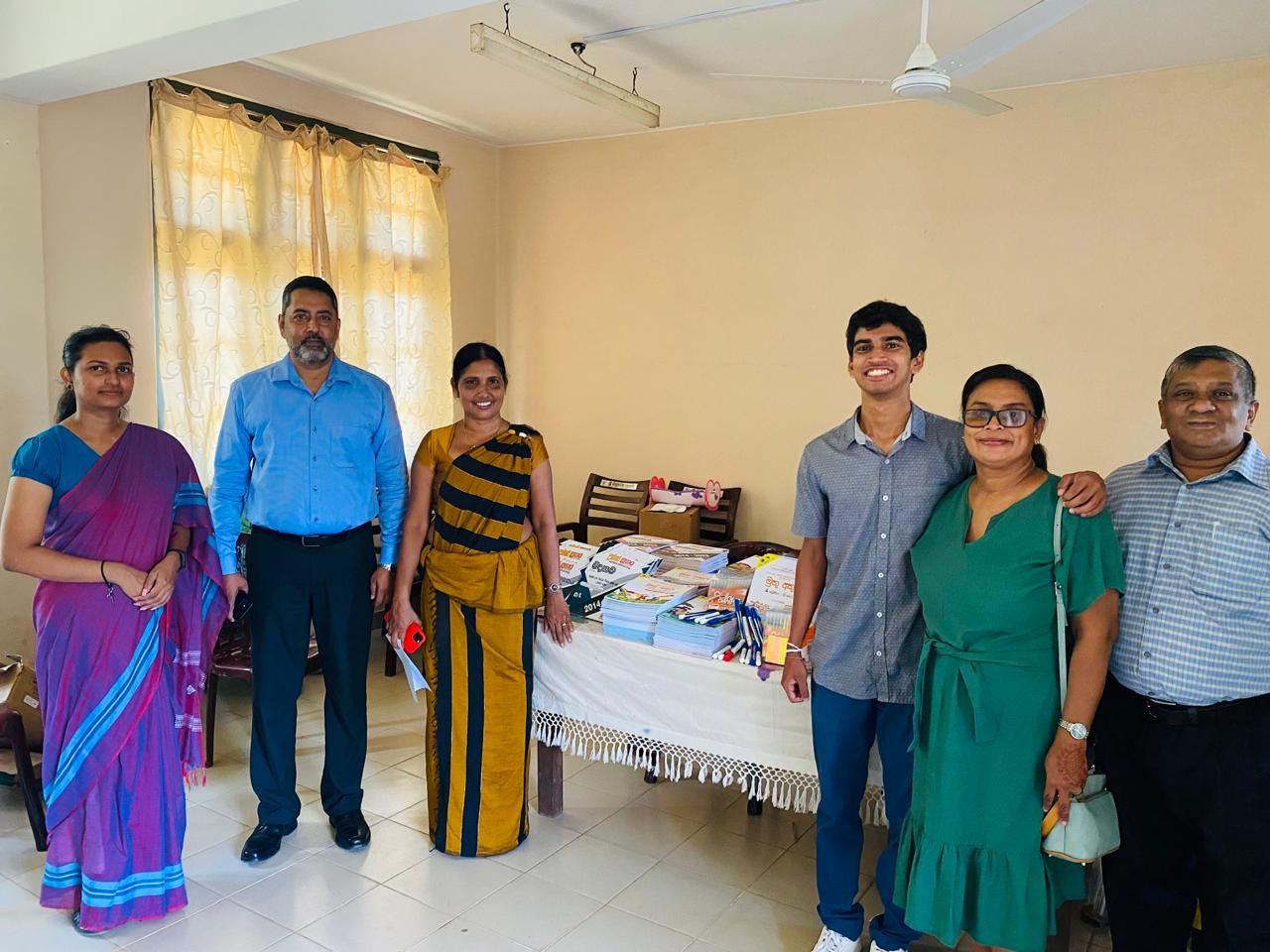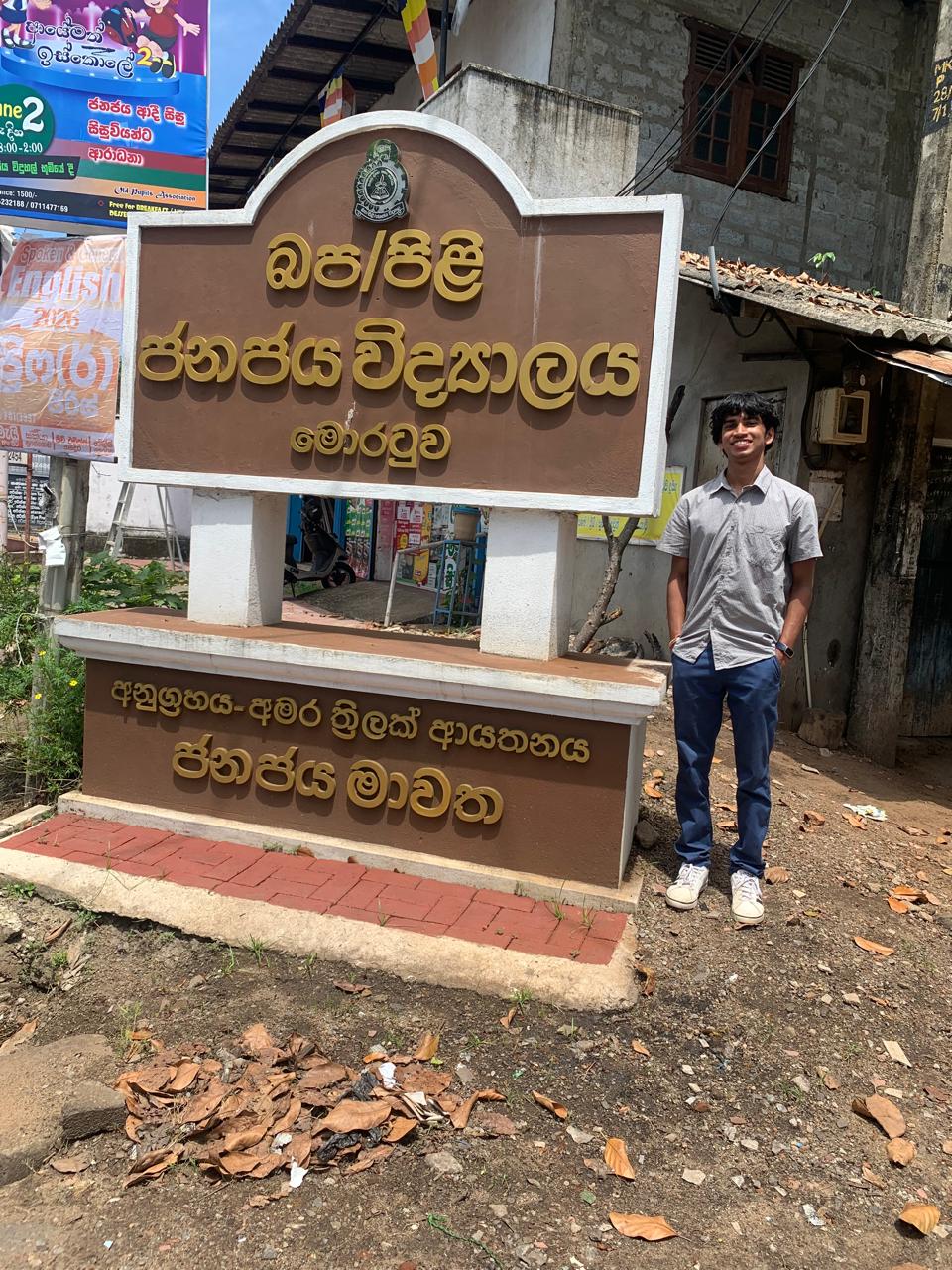THINGS FOREIGNERS AND EXPATS SHOULD KNOW WHEN BUYING PROPERTY IN SRI LANKA
There are a few important things both foreigners and expats should know when exploring the possibility of obtaining a property in Sri Lanka. Therefore, the following are a few of those key aspects that should be taken into account before investing in a local real estate.
Understand the main legislative branches that govern real estate activities in Sri Lanka
Foreigners and expat who are thinking of buying or renting a property in Sri Lanka should have a rough understanding of the legislative branches that oversee the real estate activities in the island. While there are dozens of laws that regulate real estate in the country, the majority of those laws will fall under the two main branches of Sri Lanka’s legal system.
The Roman-Dutch law: Considered as the Common Law of Sri Lanka.
The English law: The basis for the criminal law of the island.
Apart from the main to legal branches, there are also a set of laws that only apply to certain demographics of the country that are known as Personal Laws.
The Kandyan law: Applicable to Sinhalese families and their descendants who live in regions that belonged to the Kandyan Kingdom.
The Thesawalamai law: Applicable to ethnic Tamil inhabitants of the Jaffna Province.
The Muslim law: Applicable to those who adhere to Islam in Sri Lanka.
Sri Lanka uses both the imperial units and the metric system
While most countries use either the imperial units system or the standardised metric system, Sri Lanka, due to its complicated colonial past uses both systems interchangeably when characterising measurable aspics related to real estate. This can be a bit confusing for foreign property buyers.
For a start, land size of small to medium size properties in Sri Lanka are measured in perches (in abroad, this unit may be referred as a rod or a pole), compared to in most other countries where it is measured using either square metres, square feet or cents. While the measurement is referred to as a perch, the actual measurement is done using square perches, though it is not referred to as such in spoken language. In other words, a one square perch is referred to as just, one perch.
Foreign buyers should also remember that a unit of perch (square perch) is equivalent to 25.2929 square metres or 272.25 square feet.
For large size land properties such as estates or agricultural land, the imperial measurement of acres is commonly used. For comparison, one acre is equivalent to 4,046.86 square metres or 43,560 square feet.
It should also be noted that while the total land area inclusive of the building is measured in perches, the floor area of the building is mostly measured in square feet.
Land (Restrictions on Alienation) Act and its exceptions
The Land (Restrictions on Alienation) Act, No. 38 is a legislation that was brought in 2014 by the Sri Lankan government to regulate the use of local terrestrial properties by foreigners, foreign companies and institutions with foreign shareholding, in a sustainable way. While the act fundamentally restricts entities with foreign links from using local land, it also specifies circumstances where such entities can be exempt from the general restrictions. These exceptions are mentioned below.
- Individuals who have Sri Lankan dual citizenship.
- Diplomatic missions to Sri Lanka, which can include international, multilateral, and bilateral organisations.
- Land properties where the title is transferred to a non-Sri Lankan as a gift, as an intestacy or as a testamentary disposition to a next of kin.
- Foreign investments in local hospitals, hotels or land for large housing schemes that exceed $10 million.
- An FDI in a large infrastructure project that exceeds $50 million.
- Foreign-held export companies with a minimum investment of more than $50 million.
- Companies with a less than 50 per cent foreign ownership.
- Residential or non-residential accommodation purchased by a foreign entity that is on or above the fourth floor of a condominium. However, to qualify, the total value of the property must be paid up front; the lease period must exceed 35 years and it should be approved by the UDA.







